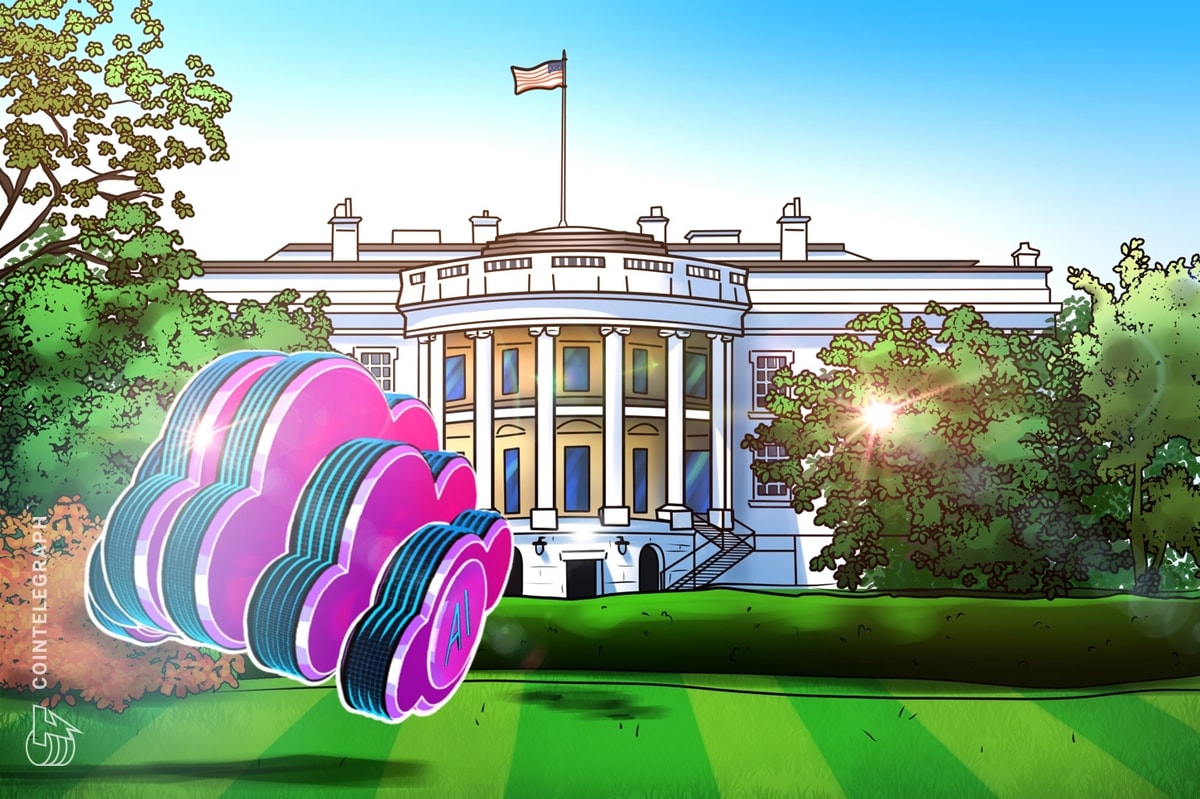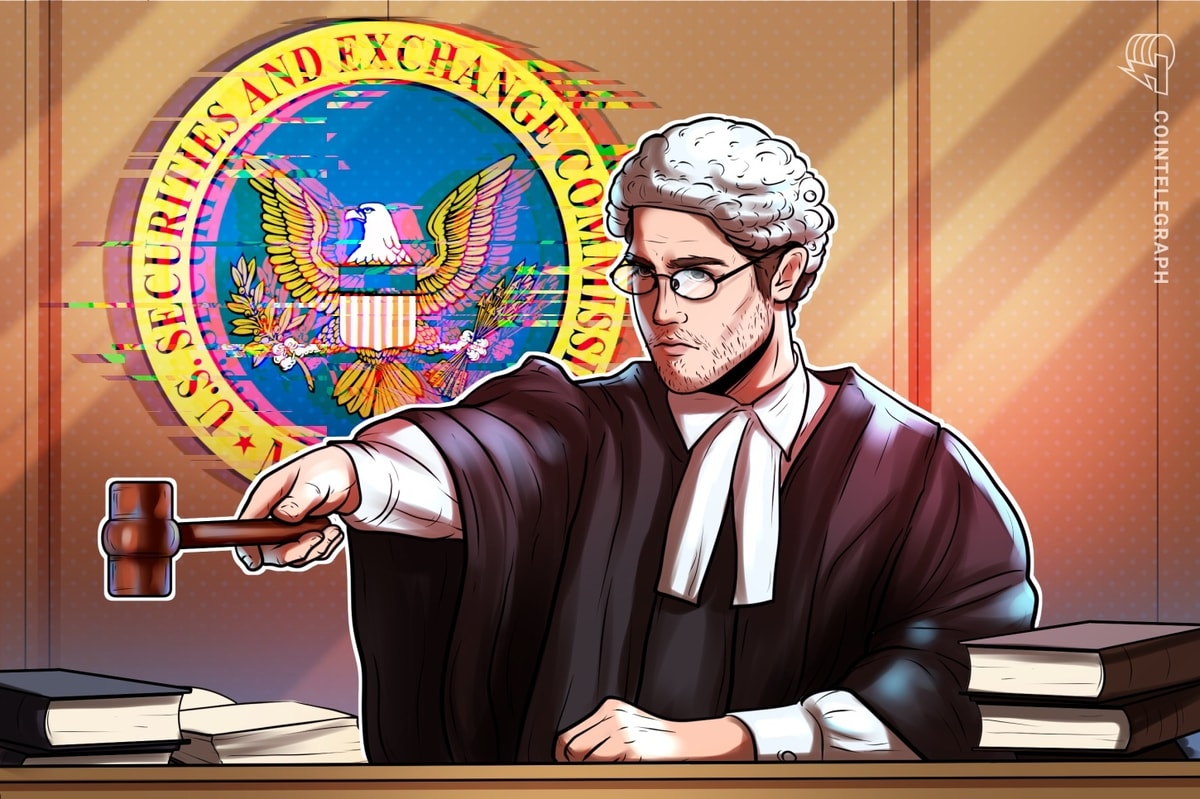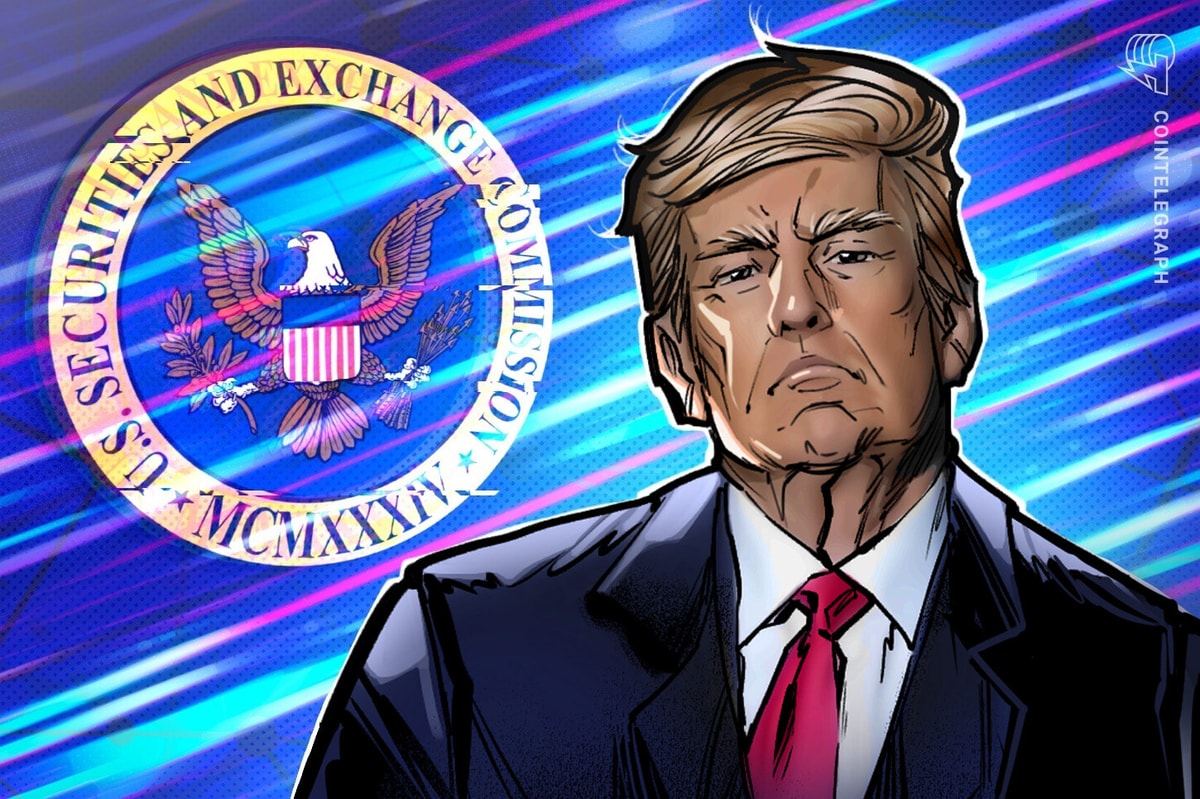The United States Federal Communications Commission (FCC) Chairwoman Jessica Rosenworcel has proposed considering calls featuring artificial intelligence (AI)-generated voices as illegal, subject to the regulations and penalties outlined in the Telephone Consumer Protection Act (TCPA) in a Jan. 31 announcement.
The announcement follows a false message generated using AI to imitate U.S. President Joe Biden’s voice advising New Hampshire residents against voting in the state’s primary election.
The automated messages featuring Biden’s voice were generated to meddle in the 2024 presidential election, but the state’s attorney general’s office denounced the calls as misinformation.
Rosenworcel’s proposal aims to prohibit robocalls under the TCPA, a 1991 law regulating automated political and marketing calls made without the receiver’s consent. The primary goal of the TCPA is to protect consumers from unwanted and intrusive communications, such as unsolicited telemarketing calls and automated messages.
Today we announced a proposal to make AI-voice generated robocalls illegal – giving State AGs new tools to crack down on voice cloning scams and protect consumers. https://t.co/OfJUZR0HrG
— The FCC (@FCC) January 31, 2024
The increase in these calls has surged in recent years, with technology now capable of misleading consumers by mimicking the voices of celebrities, political figures and even family members.
By implementing this proposal, the FCC will equip state attorneys general nationwide with additional resources to pursue those responsible for these malicious robocalls and enforce legal consequences.
In November 2023, the FCC initiated a Notice of Inquiry to gather information on addressing illegal robocalls and the potential involvement of AI. The agency inquired about AI’s role in scams, mimicking familiar voices and whether it should be regulated under the TCPA. Additionally, the FCC sought insights into how AI can be utilized positively, such as recognizing and preventing illegal robocalls.
Related: AI deepfakes fool voters and politicians ahead of 2024 US elections — ‘I thought it was real’
The White House released a fact sheet with its key actions on AI on Jan. 29, three months after Biden’s executive order on AI. The fact sheet noted “substantial progress” toward the president’s mandate to “protect Americans from the potential risks of AI systems.”
Deepfakes have increased worries about AI-generated content, with the World Economic Forum highlighting the adverse outcomes of AI technologies in its 19th Global Risks Report. The Canadian Security Intelligence Service — Canada’s primary national intelligence agency — also raised concerns about the disinformation campaigns conducted across the internet using AI deepfakes.
United States lawmakers have urged for legislation criminalizing the production of deepfake images following the widespread circulation of explicit fake photos of Taylor Swift.
Magazine: Crypto+AI token picks, AGI will take ‘a long time’, Galaxy AI to 100M phones: AI Eye











